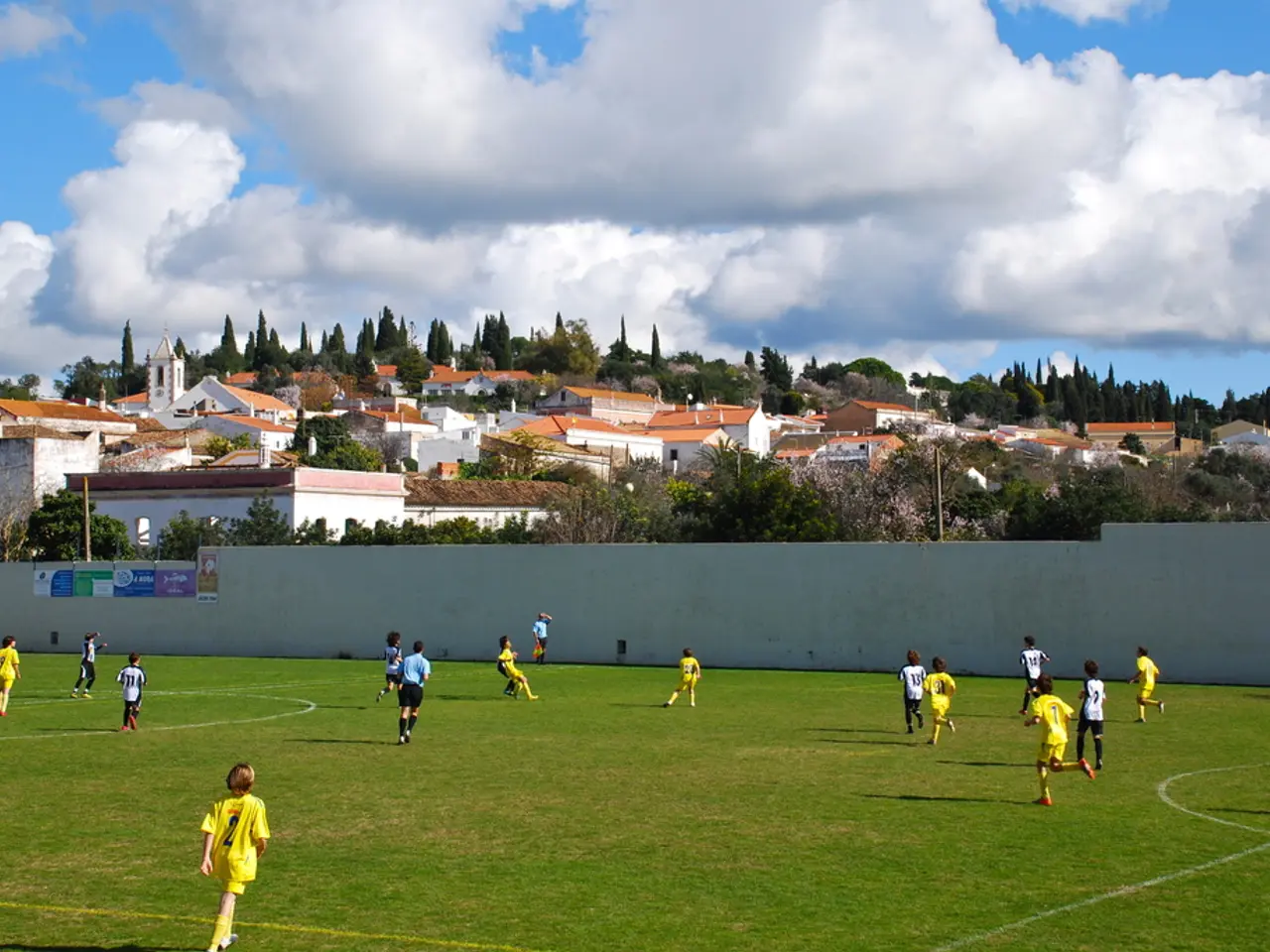Exploring Game Development Careers
In the realm of modern work, the traditional divide between work and play is blurring, as games increasingly offer a unique blend of both. According to Janaki Kumar and Mario Herger in their book "Gamification at Work: Designing Engaging Business Software", this fusion is not just a whimsical concept, but a strategic approach to making work more enjoyable while still achieving necessary goals.
The authors identify six types of work commonly found in games:
- Experience-based work: Repetition and mastery form the core of tasks in games like World of Warcraft, where players hone their skills to level up their characters.
- Exploration-based work: Discovery and experimentation are key elements in games such as Minecraft and Sid Meier's Civilization, where players delve into uncharted territories to uncover hidden secrets and new information.
- Strategic work: Planning, decision-making, and problem-solving at a higher level are essential in games like Civilization, where players manage entire nations or even the world.
- Creative work: Games like The Sims and Championship Manager provide a platform for players to generate new ideas, innovate, and express creativity in a safe environment.
- Physical work: Virtual Reality (VR) and motion control-based consoles like the Nintendo Wii encourage physical activity, such as playing tennis, dancing, or even doing yoga, releasing endorphins and providing natural highs.
- Social work: Games like Fortnite and Among Us focus on collaboration, competition, and social interaction, making work a shared experience.
These categories help designers understand how different types of engagement can be leveraged in business software through gamification techniques.
Games can transform mundane tasks into enjoyable experiences, as seen in players' enthusiasm for tasks like harvesting virtual crops or collecting daily rewards. Even tasks that are technically work, like strategic planning in Civilization, can become fun and engaging.
Exploration work in games like World of Warcraft and Sid Meier's Civilization is considered an achievement due to the thrill of discovering new things. In games such as Civilization, secrets of technology can be discovered through finding old villages in uncharted regions.
Mental work, like in games such as Scrabble Online and Total War, engages our grey matter and can provide a thrill from outsmarting opponents.
However, it's important to note that not all work in games is enjoyable. Some games, like shooter games like Doom or Halo, offer high-stakes work that can be fun and exciting, even though it's not the kind of work done at a job.
The test of effective gamification is if players don't feel like they are doing work, but rather see the reward as fun. In some games, even busywork, like endless iterations of the same task, can become fascinating with the right incentive.
The book "Gamification at Work: Designing Engaging Business Software" by Janaki Mythily Kumar and Mario Herger offers insights on designing effective gamification projects. By understanding the various types of work found in games, designers can create engaging business software that makes work feel less like work and more like fun.
Credit for the hero image goes to Mike Prosser, under a CC BY-SA 4.0 license.
- In the realm of business software, designers can leverage various types of engagement found in games, such as experience-based work, exploration-based work, strategic work, creative work, physical work, and social work, to create engaging software through gamification techniques, making work more enjoyable and less like traditional work.
- Games like Scrabble Online and Total War can provide an enjoyable mental work experience, engaging our grey matter and offering a thrill from outsmarting opponents.
- Effective gamification in business software is achieved when tasks are designed in a way that players don't feel they are doing work, but rather see the rewards as an enjoyable and fun experience, even if the tasks consist of busywork like endless iterations of the same task.




